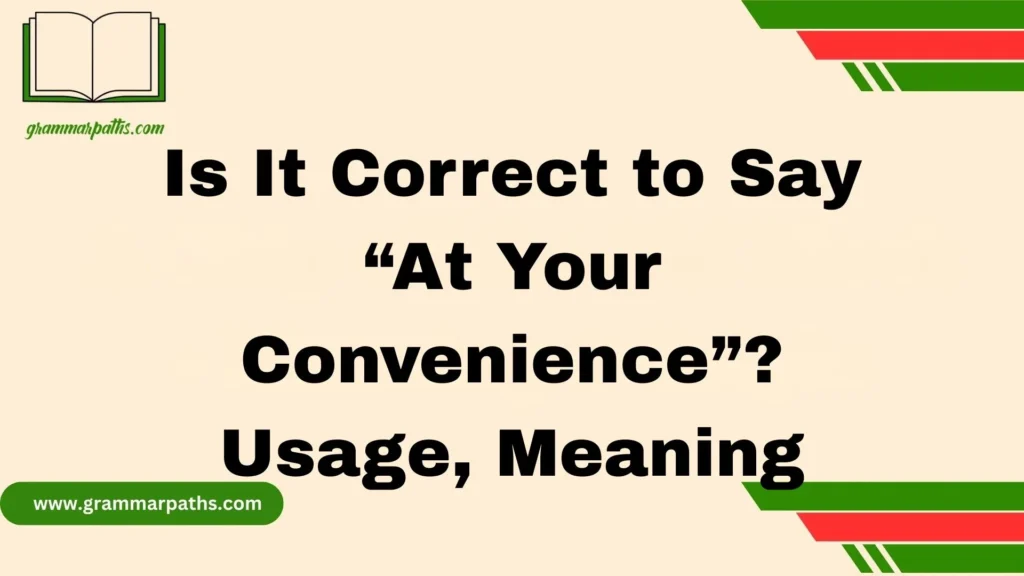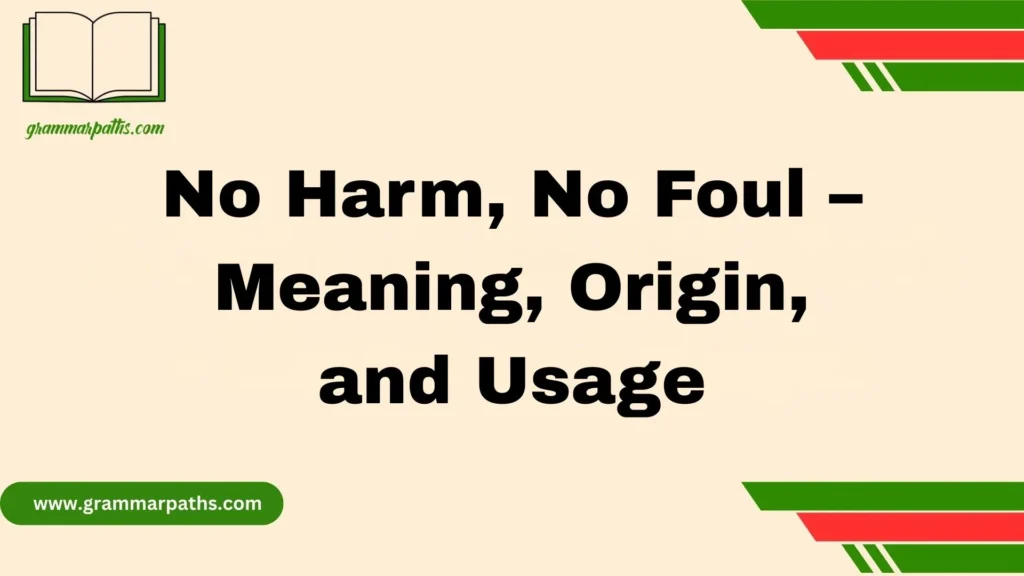You’ve probably heard someone say “let your hair down” when they want you to relax or just take a break. But did you know this phrase actually has real historical roots? Back in the 17th century, women—especially those from high society—were expected to keep up fancy, elaborate hairstyles whenever they were out in public. It was all about appearance and keeping up with formality. But once they got home? That’s when they could finally be themselves. They would literally let their hair down, stepping out of the spotlight and into a space of comfort and freedom.
The phrase first showed up in 1655, in The English Treasury of Wit and Language by John Cotgrave, who even referenced the French word “descheveler,” which means to dishevel. That adds such a nice layer to the meaning—it’s not just about letting loose, but about being okay with not looking perfect and just enjoying the moment.
What I love most is how this simple idiom still holds that same energy today. It’s a reminder that we all need time to unwind, be real, and leave the rules behind—even if just for a little while.
What Does “Let One’s Hair Down” Really Mean?
To let your hair down means to relax completely, to stop worrying about appearances or formalities, and to enjoy yourself freely. Imagine shedding the stiffness or seriousness of everyday life and simply being at ease. This idiom expresses the idea of breaking away from restraint or social pressure.
In daily life, you might hear someone say:
- “After the meeting, we went out to let our hair down.”
- “She really lets her hair down at weekend parties.”
In these contexts, it means they unwind, have fun, and act more naturally than usual. This phrase symbolizes a mental and emotional release as much as a physical one.
Breaking It Down: Literal vs. Figurative Interpretation
The phrase comes from the literal act of releasing hair from pins or bindings. Historically, women often kept their hair tied up or covered in public for modesty or social norms. To let hair down was a sign of relaxing private rules.
Figuratively, it has evolved to mean letting go of stress and formal behavior. It’s like dropping a mask and allowing yourself to be authentic. This metaphor works across ages, cultures, and situations because everyone experiences moments where they want to just “be themselves.”
Dictionary Definitions with Nuanced Context
Here’s how leading dictionaries define the phrase:
Dictionary Definition Cambridge “To behave in a relaxed and informal way and enjoy yourself.” Oxford “To relax and enjoy oneself, especially after a period of work or anxiety.” Merriam-Webster “To enjoy oneself without restraint or inhibitions.”
Notice the common threads: relaxation, enjoyment, and freedom from restraint. Some dictionaries emphasize the contrast between formal and informal behavior, highlighting the release from social expectations.
Where Did This Idiom Come From? (Historical Background)
The phrase dates back to the 17th century England, where social etiquette dictated women keep their hair pinned up tightly in public or formal settings. Letting one’s hair down was a sign of intimacy and relaxation, often reserved for private moments or celebrations.
In the 1600s, the act was symbolic of rebellion against rigid social norms. Women “letting their hair down” in a public or semi-public setting was an act of freedom and sometimes even scandal. Over time, this physical gesture transformed into a figurative expression for loosening up mentally and emotionally.
Cultural Significance in American and Global Contexts
By the 1960s in America, the phrase became widely popular, aligning with the era’s cultural shifts towards individual freedom and self-expression. Movies, music, and TV shows embraced the phrase, often linked to partying, dancing, and carefree fun.
Globally, many cultures have similar idioms but with unique twists. For example:
- In French, people say “se lâcher” which means “to let go.”
- In Italian, “darsi alla pazza gioia” translates to “give oneself to inexplicable joy.”
Despite different words, the core idea remains universal: the human need to relax and be free from pressure.
When Do People Let Their Hair Down? (Modern-Day Scenarios)
Today, letting your hair down happens in many settings:
- After Work: People relax after a stressful day, whether by socializing, watching a movie, or indulging in hobbies.
- Weekends and Holidays: These times encourage fun and freedom from routine.
- Social Gatherings: Parties, concerts, or casual meetups provide the perfect chance to unwind.
- Vacations: Time away from daily responsibilities often means people loosen up more easily.
- Mental Health Breaks: Intentionally disconnecting from stressors to recharge emotionally and mentally.
In all these moments, the idiom captures the essence of a needed mental break.
Real-Life Examples: How It’s Used in Conversation
Understanding idioms becomes easier with examples. Here are a few typical ways people use “let one’s hair down”:
- “I can’t wait to let my hair down this weekend after exams.”
- “We all need a night out to let our hair down and forget work.”
- “At the family reunion, everyone really let their hair down and had fun.”
The phrase can convey different moods—from joyful celebration to simple relaxation. It often implies temporarily dropping formalities or worries.
Similar Idioms and Alternative Phrases
Many English expressions share the same spirit as let one’s hair down. Here’s a handy comparison:
Phrase Meaning Usage Tone Formality Let loose To act freely and without inhibition Playful, casual Informal Blow off steam Release pent-up energy or stress Slightly intense Casual Chill out Relax, calm down Relaxed Very informal Take it easy Reduce effort or stress Gentle Neutral Cut loose Break free from restrictions Energetic, bold Informal
While these phrases overlap, “let one’s hair down” uniquely blends freedom with a sense of emotional release, often involving social enjoyment.
The Psychology Behind the Phrase: Why We Crave Letting Go
Human beings naturally seek moments where they can shed social masks and express their authentic selves. Psychologists link this to:
- Reduced cortisol levels when relaxing, which lowers stress.
- Activation of the dopamine reward system when engaging in enjoyable, carefree activities.
- The need for social bonding, which deepens when people feel free to be themselves.
Letting your hair down isn’t just fun—it’s essential for mental well-being. It helps recharge your emotional batteries and improves your ability to handle life’s challenges.
Visual & Pop Culture References
This idiom has appeared in countless songs, films, and TV shows, reinforcing its place in popular culture. Examples include:
- “Let Your Hair Down” by The Temptations (1973) — a soulful invitation to relax and have fun.
- TV shows often feature characters “letting their hair down” at parties or informal gatherings.
- Social media captions with hashtags like #LetYourHairDown encourage sharing moments of freedom and joy.
Visuals like a woman releasing her hair from a tight bun or a group dancing wildly perfectly symbolize the phrase’s meaning. Using memes or Instagram snapshots helps people relate immediately.
Bonus: Can You Let Your Hair Down… Without Hair?
This idiom’s beauty lies in its meaning, not the literal hair. People with shaved heads, buzz cuts, or baldness still “let their hair down”—they simply embody the phrase’s spirit of letting go and relaxing. It’s about mindset, not hairstyle.
This inclusivity shows how language evolves and stays relevant to everyone, regardless of personal appearance.
Summary Table: Key Insights About “Let One’s Hair Down”
Aspect Key Point Meaning To relax fully and enjoy oneself freely Origin 17th-century England, linked to women releasing hair Figurative Sense Symbolizes freedom from social restraint Cultural Reach Popular globally, with similar phrases in many languages Modern Usage After work, social events, mental health breaks Similar Idioms Let loose, blow off steam, chill out Psychological Importance Essential for stress relief and emotional well-being Pop Culture Presence Songs, movies, social media trends Inclusivity Applies regardless of actual hairstyle
Letting your hair down remains a timeless expression of the human desire to relax, be authentic, and enjoy life’s lighter moments. Embrace it fully—you deserve it.
Conclusion:
The idiom “let one’s hair down” is more than just a phrase—it’s a universal reminder to pause, breathe, and embrace life without filters. In both spoken and written English, this expression captures the essence of freedom, joy, and the need to relax from the pressures of everyday responsibilities. Whether you’re a language learner trying to master idiomatic expressions or someone simply looking for ways to describe moments of carefree fun, this phrase fits perfectly into your vocabulary.
People across the globe are constantly searching for how to loosen up, be themselves, and enjoy the moment, and this idiom beautifully communicates that spirit. So the next time you feel the weight of the world, just remember to let your hair down—because sometimes, a little emotional release is exactly what the soul needs.
FAQs:
What does it mean to let someone’s hair down?
It means helping someone relax or feel comfortable enough to be themselves, especially in a social setting.
What does it mean to let your hair down?
It means to relax, stop being formal, and enjoy yourself, usually after a period of stress or hard work.
Is letting your hair down a metaphor?
Yes, it’s a metaphor for relaxing and dropping one’s guard or social restraint, not literally about hair.
What is the idiomatic expression hair down?
“Hair down” in idioms refers to someone being informal, relaxed, or carefree, especially in a fun or social context.
How to use “let your hair down” in a sentence?
After the exams, we all went out to let our hair down and celebrate the end of the semester.

Emma Brooke is a passionate language expert and contributor at GrammarPaths.com, where she helps learners navigate the complexities of English grammar, idioms, and effective writing. With a strong academic background and years of teaching experience, Emma excels at turning tricky grammar rules into simple, practical lessons that readers can easily grasp.












